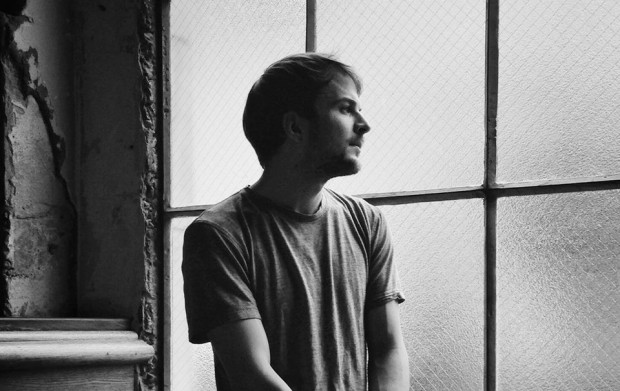
Photo by Michael O’ Neal
Most children hate piano lessons. But not NILS FRAHM. For seven years he was taught to play the piano four times a week and he loved it. Maybe it was his teacher, Nahum Brodski who was one of the last students of legendary composer Tchaikovsky, who sparked NILS FRAHM‘s passion. It definitely paid off for FRAHM. Ever since his highly acknowledged 2011 record Felt, his fan base has been growing. Last year’s album Spaces proved his appeal yet again.
FRAHM, who works both as a composer and producer, has developed an unmistakeable sound by combining the classical piano, analogue synthesizers and unconventional devices like toilet brushes.
NOTHING BUT HOPE AND PASSION met him at Volksbühne Berlin before his show at the stargaze presents festival which took place from February 14-16. Although he has lived in Berlin for several years now, his Hamburg accent gives away where he is from.
‘Stargaze presents’ was created on André de Ridder‘s initiative. Did you know him before?
I knew him for three or four years and there was always a friendly exchange of ideas between to two of us. We had other plans as well, and I thought stargaze presents would be a nice reason to look what musicians he rounded up. For me, it is interesting to collaborate with people who are in tune with me so that I don’t have to play the dictator and check everything twice. André is somebody who understands both the scene where I’m coming from and the language of classical musicians. He knows how to translate certain things from one world into the other.
Recently BRYCE DESSNER told us the same about André and that the Germans in general have a certain openness for this kind of music. Do you agree with that?
I would say that you have to differentiate between the audience, the fans and the organizers or rather the promotion of culture. It’s clear that in Spain you won’t get money from the state to organize a big orchestra project right now. I also think it is difficult to talk about countries. We should talk about cities. If a city has no promoter who is interested and works in that vein, a project like this is not possible. Another problem is that classical promotion of culture is often limited to conservative subjects like Wagner, Mozart and Bach or opera and ballet. If the sponsors hear the word ‘electronic music’, they put a big padlock on the promotion funds. Because this is ‘popular music.’ When they’re right, they’re right.



